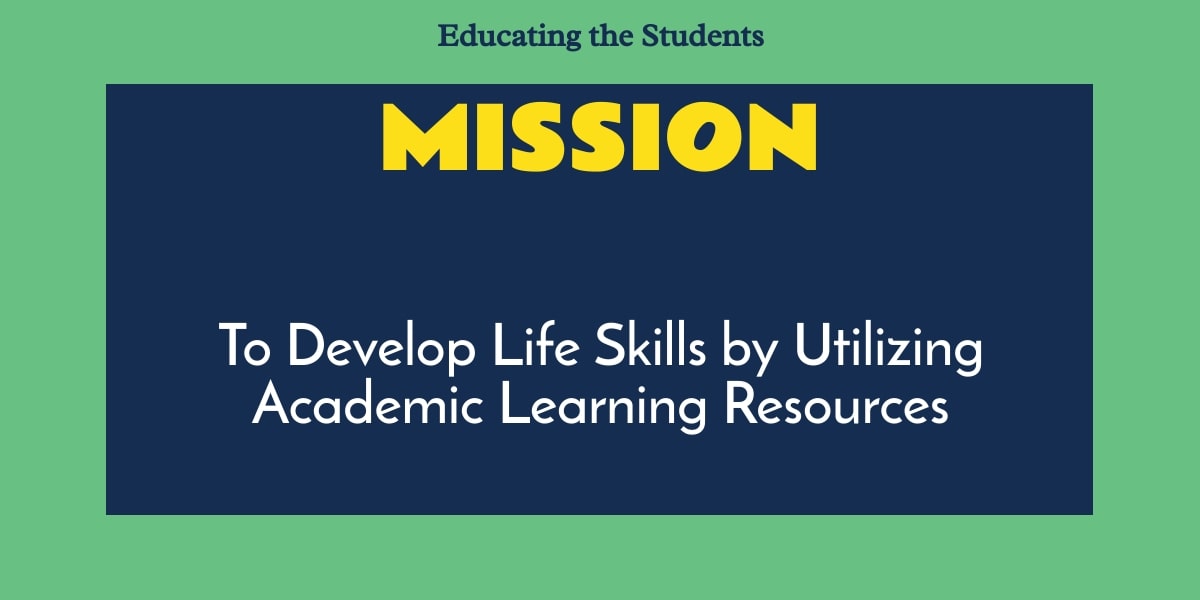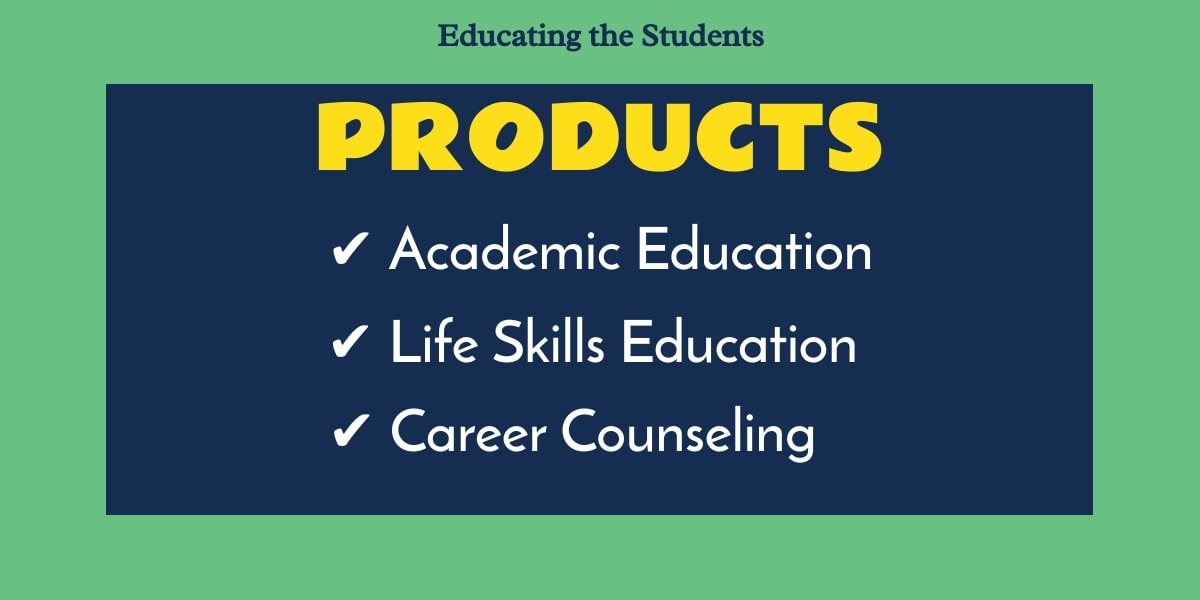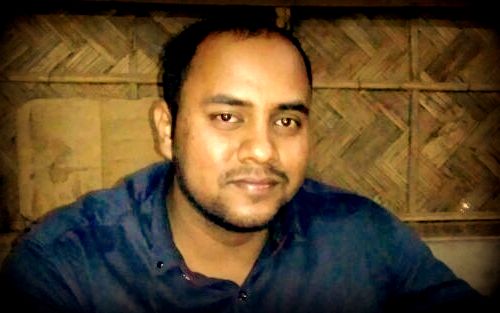Much has been said about the Indian Education System. When there is no shortage of money or manpower to transform the Indian education system, then why the problem is getting bigger day by day?
It is because of the lack of a strategic plan to transform the Indian education system.
“Give me 100 energetic young men and I shall transform India.”—- Swami Vivekananda
Did you know; Indian education system can be transformed by engaging only hundreds of energetic intelligent minds?
Well, you read it right. In this article, I shall let you know how the Indian education system can be transformed.
Before getting started, let’s have a brief overview of the challenges in the existing education system of India.
Challenges of the Indian Education System
Did you know, how does the Indian education system project itself knowingly or unknowingly?
Indian education system projects itself to make economic engines out of the young minds.
“Education should project itself to make life engines, instead of economic engines.”
An Economy is a part of life; when life engines are developed, economic engines would be developed as a consequence.
You might be aware of the growing income inequalities in India. If few people become rich by legal means in a liberal economy, it is not adverse; the Indian economy was liberalized in 1991.
However, the education system has developed an economic engine where India stands 6th in terms of nominal GDP and 139th in terms of per capita GDP as per IMF.
Some reports suggest that only quarters of Indian engineering graduates and 7% of Indian MBAs are employable. Is the education system destroying intelligence?
MUST READ: This is How Education System is Destroying Intelligence
We all agree that there are several problems with the education system of India. But, what is the primary cause?
India primarily lacks qualified teachers to deliver quality education. Also, evaluation methodology, a state’s matter also plays a crucial role in destroying the intelligence of a young mind.
Education up to 16 years of age is crucial to develop the core cognitive functionalities of a young mind. When the education system hires educators based on certificates and memory skill and evaluates students primarily on memory skill, it creates an uncertain loop for itself.
“Education is not the amount of information that is put into your brain and runs riot there, undigested all your life.” Swami Vivekananda
The Data In – Data Out education system of India has created an uncertain loop a long time ago, where most of the people failed to reach the formal operational stage of cognitive development.
Ways to Transform the Indian Education System
A student should know how to learn, a teacher should know how to teach, and the primary cognitive skill, attention plays a crucial role in developing all the major life skills.
This is the time, we all are connected through the internet, young parents have cognizance of digital technologies. Then, why can’t we engage hundreds of quality educators to transform the education within the next two decades?
Yes, it is possible. We have come up with the business plan of transforming education within the next two decades by providing education to make life engines out of the young minds.
Considering the socio-economic scenarios of India, the business of education should be not for profit, if we implement education as a profitable business, how the 22% of the population living below the poverty line would be uplifted? If the government runs it, I don’t want to make comment on it, but it might be futile again.
We stand for the vision:
“Let’s educate for life Skills.”
In this article, I shall let you know a brief overview of our non-profit business plan through two sections:
I would like to get your valuable feedback and suggestion at the end of this article.
So, without further delay, let’s get acquitted with the ways to change the education system.
Educating the Students




Since our education model is projected to make life engines out of the young minds; we need to provide life skill education along with academic education.
But, overburdening young minds with extra lessons on life skill is not the solution; instead, we plan to provide life skills education by utilizing the existing academic syllabus. Let me illustrate the strategy with an example in brief:
In high school, you have learned about the food chain, the food-chain tells us how we all are interdependent in nature. That means, for your existence, you have to be empathic for the other living creatures. In fact, food-chain teaches us life skills: self-awareness and empathy.
However, I think, in your school days, you might be asked to remember the food-chain to score well in an examination.
Young minds are the future of our society. A society generally needs three tiers of people to run itself.
Primarily, the top-tier needs to be conscious intelligent, the mid-tier needs to be intelligent, and the bottom-tier, along with the other two, needs to learn attention skill.
All the people of the society need to learn how to pay attention to their works. Consider the following video of Street Food Dream Food, don’t you think they need enormous attention to do their duty so fast, don’t you think their attention skill made them more productive?
Apart from the primary skill attention, everyone needs to learn decision-making, problem-solving, resilience, and these are a few life skills to mention.
Also, young minds need to be trained how to pay attention starting from 6-7 years, how to handle unwanted thoughts and emotion from 12-13, how to avoid unnecessary influence by commercial campaigns going around the world, how does the mind work, how to choose a career and most importantly how identity & intelligence are inseparable.
In the meanwhile, we need to consider an individual’s learning style. When social media can provide personalized feeds or posts using Business Intelligence (BI), then, why education can’t provide personalized learning experience using BI, considering the risk of data theft.
Educating the Educators




Providing quality educators is the most important challenge the society is facing.
Quality of a teacher can be determined based upon his or her teaching skill, instead of how much he or she scored in a memory based competition.
We plan to bridge the gap by involving hundreds of qualified educators to teach the millions virtually through the internet. Considering the physical demand of educators, a teachers training program will be available for volunteers and existing school teachers.
The primary teaching skill, a teacher need is how to get the attention of the students. I think, you might have met at least one teacher in your life, who was able to get the attention of you and all of your classmates, and he or she might be the best teacher you have ever met.
Apart from these, educators should know how humans remember, how humans think, how the mind works, and certain psychological attributes of children.
Reports suggest that 65% of the population is visual learners, visual learning uses two sense organs to learn, eyes and ears; instead of ears for verbal learning and eyes for reading. More involvement lets learners involve more and helps to visualize or think with learning. So, our education method is projected to be animation based for visual learners, text-based for readers and TTS based for verbal learners.
Conclusion
By integrating the life skills with the academic education, we have the opportunity of the internet to transform the education of India, one hundred can educate one million of intelligent minds, and those one million can educate the globe to make life engines out of education.
We are limited by resources, with the limited resources; we have designed “Be Your Own Life Coach” series in the first phase of our MVP for intelligent minds like you. Do check it out.
I would be thankful for your comment, suggestion and your participation in the below survey.

Ashim, the Founder of MindWiper, loves to learn, share, and educate various dimensions of life skills development. After graduating with an engineering degree, he worked with major ICT industries in India and finally he followed his dream to integrate technology for Cognitive Skills & Life Skills Development.


